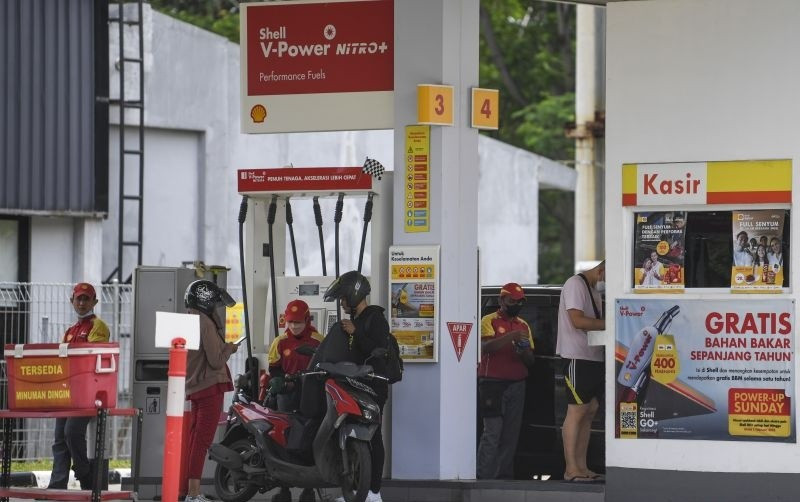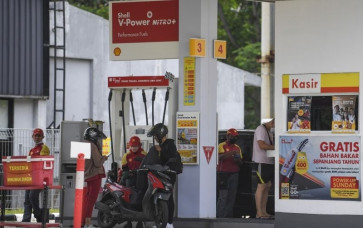Popular Reads
Top Results
Can't find what you're looking for?
View all search resultsPopular Reads
Top Results
Can't find what you're looking for?
View all search resultsBreaking the bottleneck: Reforming the fuel distribution system
The issue is more than a logistical hiccup, it reflects deeper regulatory and market governance challenges.
Change text size
Gift Premium Articles
to Anyone
T
he recent scarcity of gasoline at private fuel retailers in Indonesia has exposed inefficiencies in the country’s distribution system. The issue is more than a logistical hiccup, it reflects deeper regulatory and market governance challenges. The shortage stemmed from delays in issuing import permits, following a policy change that shifted the approval cycle from annual to semiannual, with quarterly evaluations.
While intended to improve oversight, the policy created bottlenecks that disproportionately affected private distributors, resulting in prolonged disruptions and reduced consumer access to nonsubsidized fuel.
The implications extend beyond temporary inconvenience. The Business Competition Supervisory Commission (KPPU) has launched an investigation into potential anticompetitive practices, citing concerns over market concentration and regulatory asymmetry. Pertamina, the state-owned oil company, continues to control most infrastructure, distribution channels and pricing mechanisms. This dominance, coupled with opaque regulatory procedures, has created conditions that may violate the principles of fair competition. The monopolistic structure has led to practices that restrict competition and undermine efficiency.
From a theoretical standpoint, contestable market theory, developed by William Baumol, John Panzar and Robert Willig, argues that a market can be competitive even with few players, provided there are no major barriers to entry or exit. Indonesia’s fuel market fails to meet these criteria because of regulatory hurdles and infrastructure monopolization.
Frequent and complex licensing requirements, coupled with limited access to distribution terminals, create high entry barriers for private firms. Moreover, George Stigler’s theory of regulatory capture suggests that when regulators serve the interests of dominant firms rather than the public, distortions are inevitable. The current system, which favors Pertamina through preferential access and delayed approvals for competitors, exemplifies this risk.
These distortions directly affect consumers and private retailers. Consumers face fewer choices and are often forced to rely on subsidized fuel. Retailers struggle to maintain operations due to unpredictable supply chains and limited pricing flexibility.
Indonesia does have a regulator, the Downstream Oil and Gas Regulatory Agency (BPH Migas), tasked with overseeing supply and distribution, including setting allocation volumes and monitoring compliance. In recent years, BPH Migas has increased oversight, especially for subsidized fuel, through digital monitoring and interagency cooperation. But its authority is constrained by overlapping mandates and limited enforcement capacity. Although formally independent, BPH Migas operates under the Energy and Mineral Resources Ministry, which may limit its autonomy. These weaknesses raise doubts about its neutrality in a market dominated by state-owned enterprises. Strengthening BPH Migas, both in independence and capacity, should be central to fuel governance reform.



















